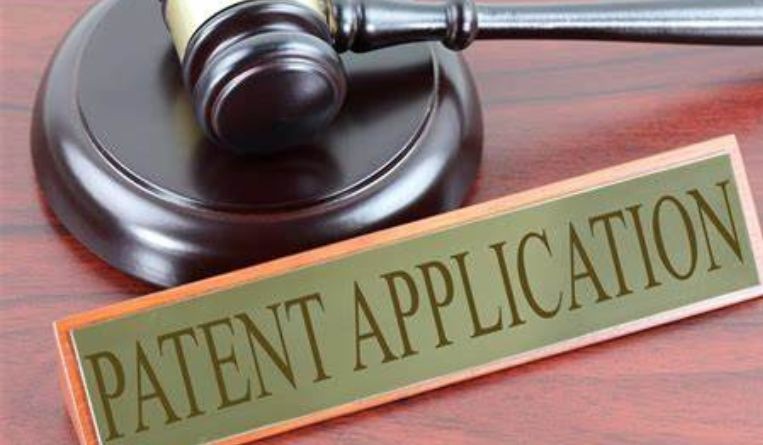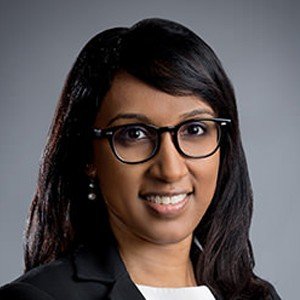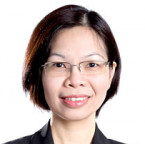Singapore Patent – Obviousness of Error
31 December 2022

A recent decision of the High Court of Singapore has set a precedent for correcting data included in a specification of an application for a patent. In an appeal case between Nippon Shinyaku Co, Ltd and the Registrar of Patents, the High Court has reversed the decision of the Registrar rejecting a proposed correction to Table 7 of the description that was filed with the Intellectual Property Office of Singapore (IPOS) upon national phase entry.
Singapore Patent Application No. 11202011003T (the patent application) is a national phase application based on PCT/JP2019/018201 (the PCT application) in the name of Nippon Shinyaku Co, Ltd (the applicant). The PCT application claims priority to Japan application No. 2018-089867 (the priority application). The erroneous Table 7 was also filed at the international stage. The priority application, however, contains the correct Table 7 data.
On April 1, 2021, the Applicant filed a request for correction of error with IPOS as shown below:
The applicant submitted that it is clear that there are errors in Table 7 of the description as it contains the same information as Table 6, whereas Table 7 of the priority application shows different information; thus, there are clearly errors in Table 7 that require correction.
The applicant further submitted that the correction is obvious in the sense that it is immediately evident that nothing else would have been intended than what is offered as the correction since revised Table 7 offered as the correction is consistent with Table 7 of the priority application.
The Registrar was not persuaded and rejected the said request for the reason that it fails to satisfy the requirements set out in Rule 91(2) of the Singapore Patents Rules, i.e. “no correction shall be made therein unless the correction is obvious in the sense that it is immediately evident that nothing else would have been intended than what is being offered as the correction”.
The Registrar further stated that “it is not always the case that when an application claims priority from a foreign application, one would expect the application to be identical to the priority application. In fact, it is not uncommon for a specification to contain an addition or omit subject matter with respect to the foreign priority application. Therefore, in the present case, it is not possible to conclude, with certainty, that nothing else would have been intended than what is offered as the correction”. The request for correction was therefore refused.
Subsequently, the applicant filed an appeal before the High Court of Singapore against the decision of the Registrar.
Upon review of the substantive issue of the case, the High Court has decided in favour of the applicant and stated that while it is true that for errors in substantive content, rather than data, it may not be immediately obvious to a skilled observer that the proposed correction was what was initially intended and any differences between the priority application and the present application may be the result of a conscious act of judgment by the drafter rather than the result of an error, when the error relates to data included in the specification, it is more likely to be the result of an error, rather than a conscious act of judgment by the drafter. The request for correction has therefore been allowed.
This decision will help IPOS in determining whether a request for correction of an error in the specification is allowable or not, and serves as a timely reminder to applicants and patent practitioners of the importance of reviewing a patent specification before filing an application to avoid long and costly proceedings in the future.









